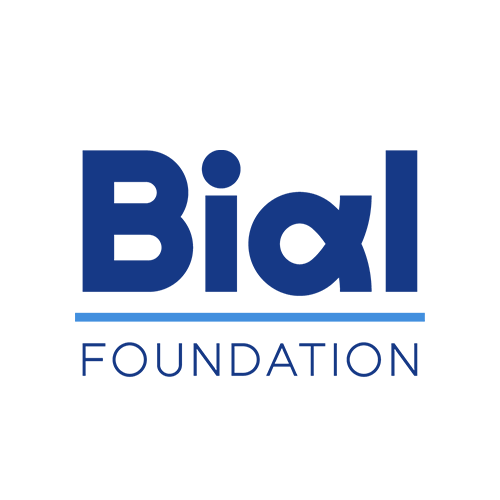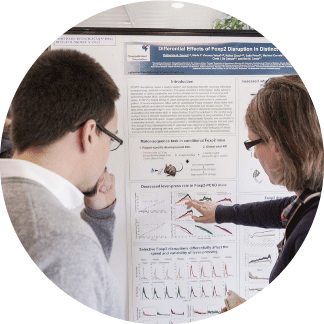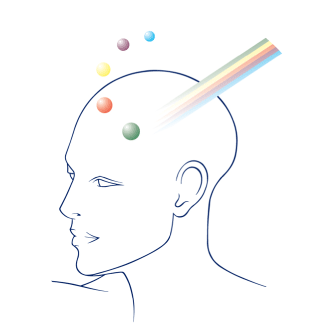News
Top Stories

Do claimed past-life memories affect mental health?
Researchers analysed the profile of adults who claim to have past-life memories and found a high prevalence of mental disorder symptoms.

Do illusory beliefs drive people away from medicine?
The stronger the belief in pseudoscientific ideas, the greater the distrust in conventional medicine and tendency to seek unvalidated therapies, a study shows.

What leads some mothers to perinatal depression?
A pioneering study followed mothers with perinatal depression and concluded that sensitivity can increase the risk, but partner support has a protective effect.
News
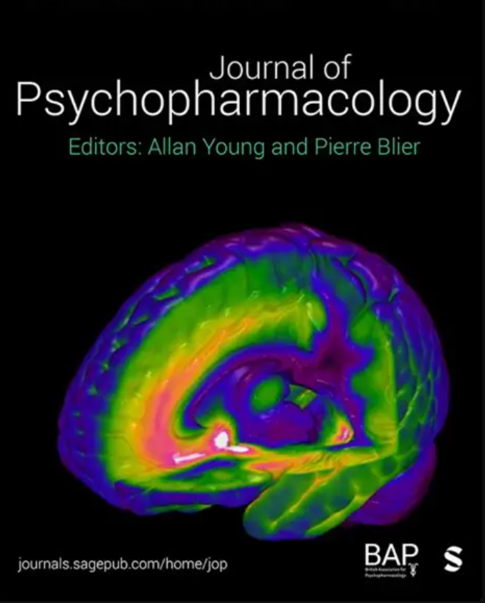
Can psychedelics promote states of mindfulness and compassion?
Research reinforces psychedelics as tools to induce adaptive mental states, pointing toward new therapeutic approaches in the treatment of mental health.
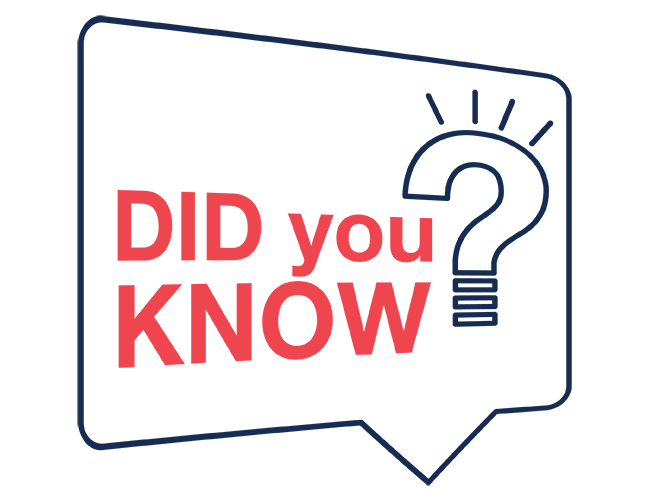
Did you know that the docuseries “Beyond the Brain” features testimonies from scientists in 15 countries?
The scientists involved in the docuseries have extensive experience, and their studies are widely recognised and cited by other researchers.
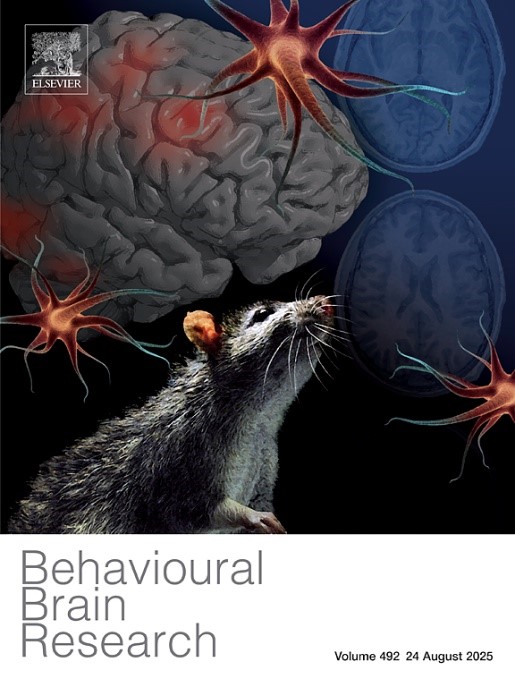
Do different types of stress have the same impact?
Research shows that acute stress induces anxiety-like behaviors, especially in male rats, while chronic stress is more associated with depressive symptoms.


